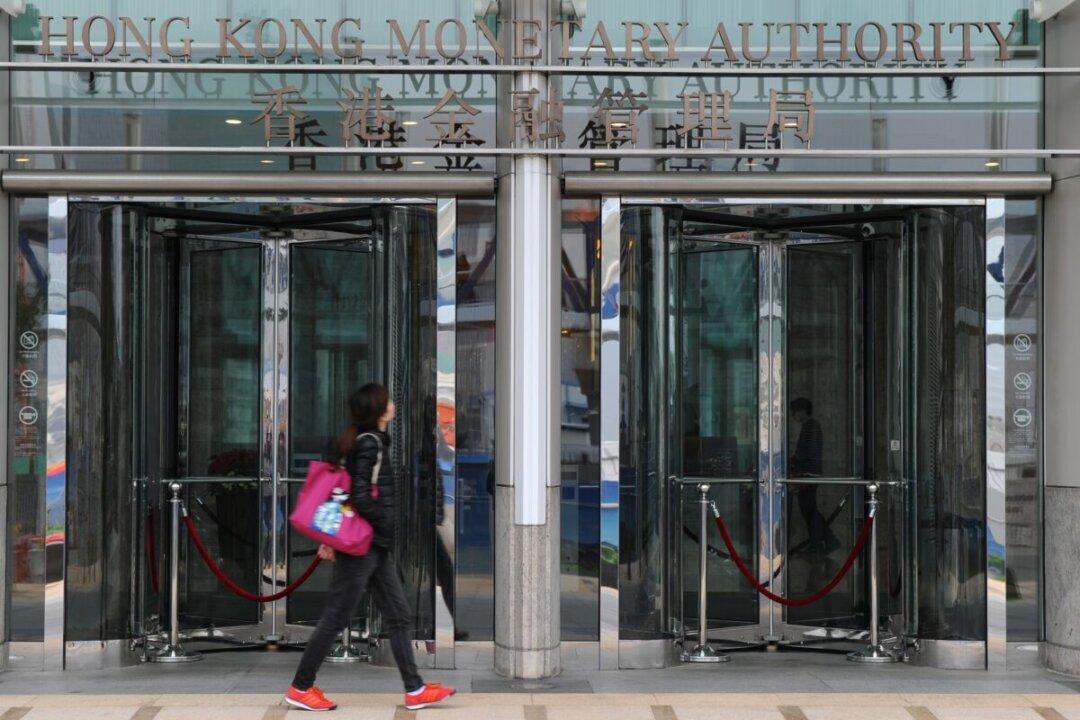Analysts at UBS Securities recently said that it is difficult for funds to flow into the Chinese stock market due to factors such as the U.S. Federal Reserve’s interest rate hikes and Beijing’s “zero-COVID” policy. Moreover, A-shares and Chinese stocks listed in Hong Kong are under pressure due to foreign capital withdrawal.
Meng Lei, a China strategist at UBS Securities, said at a press conference on April 27 that Chinese stocks listed in Hong Kong and A-shares have similar fundamentals and weak earnings growth. Still, Hong Kong stocks face weaker liquidity overseas.





